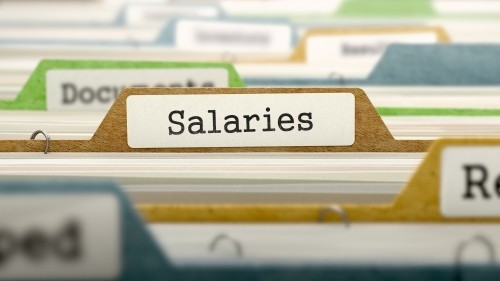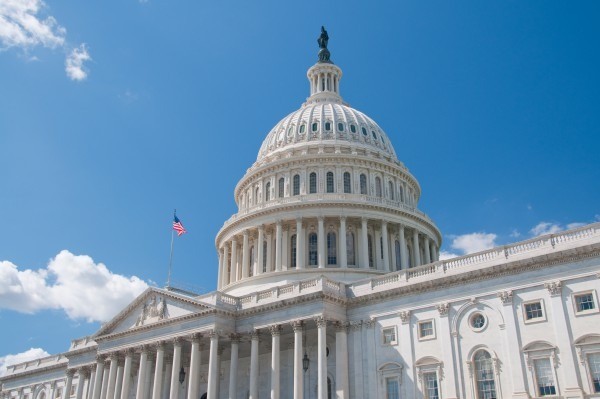There is an uphill battle ahead for The Paycheck Fairness Act, but it recently had a small win. The House of Representatives passed it! Those that support the Act hope that it will help bridge the gap between two other Acts: Fair Labor Standards Act of 1963 and the Equal Pay Act of 1963. They believe The Paycheck Fairness Act will be able to take care of any of the perceived loopholes found in the previous two Acts mentioned, which are said to have made the pay gap between men and women larger.

Salary History
One of the main things that The Paycheck Fairness Act hopes to accomplish is that salary history will not affect a future job. Future employers would not be able to pay someone less just because a past employer did. Companies will have to give you competitive pay, compared to others in that same position. Additionally, employees will not be able to be punished if they discuss their pay with others. Overall, they want more transparency when it comes to salaries to try and make sure there is equal pay no matter what.
Claims and Support
The Paycheck Fairness Act is also hoping to make claims equal, no matter the gender or race of the employee making a claim. They want to make sure that no one is given more or less help than anyone else. If there is a claim made it will be treated with respect, and that employers will work equally hard to take care of every claim. Employers also will be required to offer employees more support. They will offer their employees training that can help educate them on the wage differences along with classes to help them with salary negotiation.
The Need
Even though it is illegal, statistics show that women are still being paid less than men, and this gap is increased for women of color. According to Glassdoor women earn 79 cents to every dollar that men earn. They even looked at men and women that have the same work experience and education and found that men were still making about 5% more than women. This pay gap is what supporters of The Paycheck Fairness Act hope to change.

The Battle
This is not the first time that a Paycheck Fairness Act has been presented. It was first introduced back in 1997. In 2008/2009, it received enough votes to be passed by the House of Representatives, but it failed to pass when it was put to the Senate. Democrats are hoping that history will not repeat itself and that there will be a different outcome when The Paycheck Fairness Act is placed in front of the Senate this time.
After the March 27th vote for the House, where seven of the Republican representatives were among those that passed it, it will be interesting to see what the Senate has to say about The Paycheck Fairness Act in the future.

